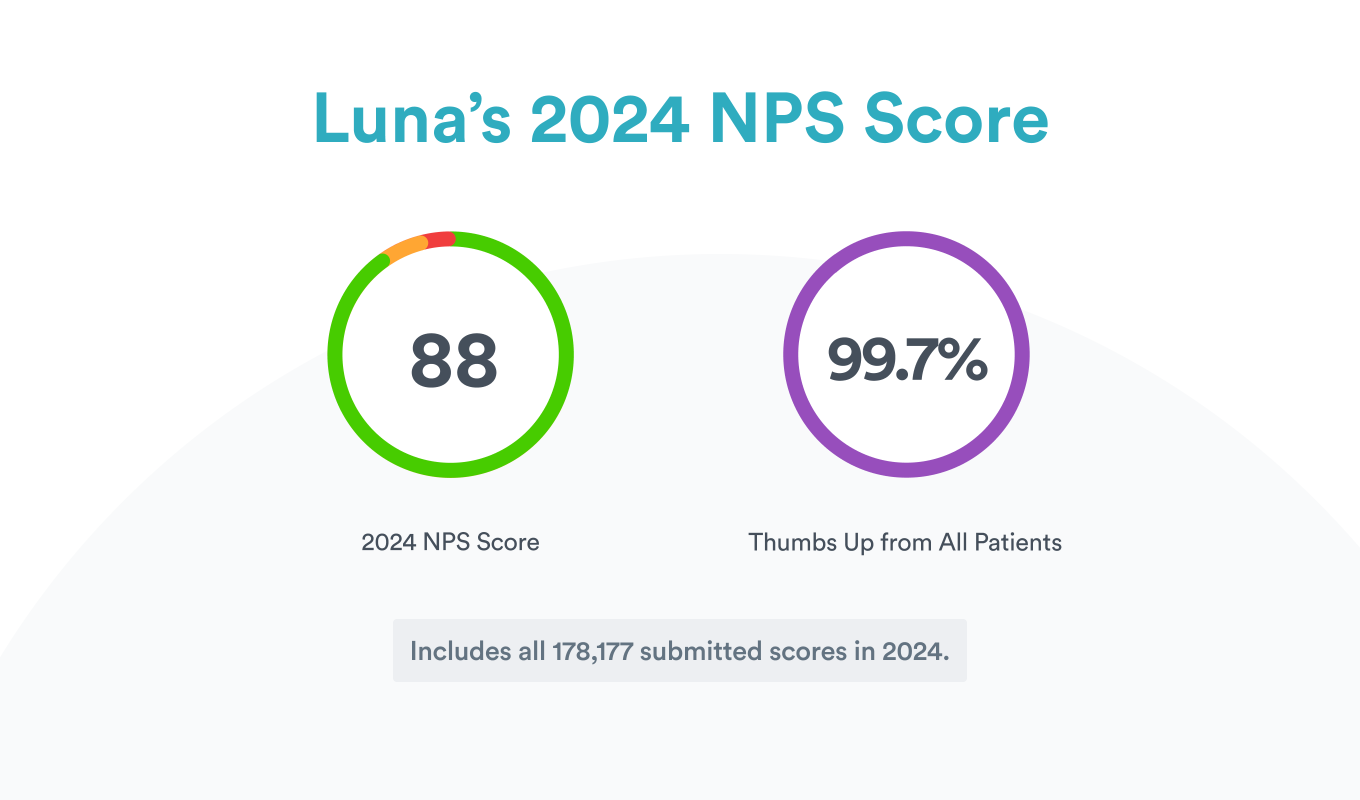Feeling dizzy? You’re not alone. Dizziness and balance issues are surprisingly common, affecting up to 40% of people over 40 and causing
the incidence of falling to also rise to 25% over the age of 65.
Dizziness can be a minor inconvenience and sometimes isn’t anything to worry about, but how do you know when it’s serious or warrants a trip to the doctor? Knowing the signs that point to a more serious problem could help prevent further complications
and ensure your overall well-being.
Is My Dizziness Normal?
Not all dizziness is the same, and it may not be normal! You might feel dizzy when lying down or find yourself off balance when you walk, but is that normal? Let’s look at the different types of dizziness and when to seek the help of a medical professional.

Dizziness can be described as one of four sensations:
- Lightheadedness: A sensation of feeling faint or about to pass out, often linked to dehydration, low blood pressure, or anxiety.
- Vertigo: A false sense of spinning or moving, usually associated with inner ear issues but can also result from other conditions.
- Disequilibrium: The feeling of being off-balance or unsteady, which can result from various vestibular disorders or musculoskeletal issues.
- Presyncope: A feeling that you are about to faint or lightheadedness without actual loss of consciousness. It can be thought of as the phase before fainting (syncope) and often includes other symptoms like sweating and palpitations.

Underlying Causes for Feeling Dizzy
Dizziness is a symptom, not a condition; ignoring it could lead to more significant problems later. Understanding the underlying cause of your dizziness can help determine your next course of action. Because the causes vary so greatly, it’s always good
to consult your doctor when feeling unsteady.


- Benign Paroxysmal Positional Vertigo (BBPV)
- Multiple Sclerosis (MS)
- Parkinson’s Disease
- Vestibular dysfunction
- Dehydration
- Low Blood Pressure
- Mal deBarquement
- Anxiety Disorders
- Stress
- Migraines
- Fatigue
- Medications
Non-vestibular causes like dehydration, low blood pressure, and anxiety are typically easier to address with hydration, dietary changes, or stress management techniques. However, if you experience dizziness frequently, particularly along with other symptoms,
it may point to a vestibular disorder requiring medical help.

Here’s what you should consider:

Occasional dizziness that resolves quickly is often less concerning than persistent episodes.

Vestibular dizziness is often accompanied by symptoms like nausea, vomiting, or hearing loss. Other symptoms to look out for that may require immediate attention include severe headaches, vision changes, and slurred speech.

Pay attention to what triggers your dizziness. Changes in head position or movement often exacerbate vestibular issues.
Managing Vertigo with Physical Therapy
Physical therapy is one of the most effective interventions for managing vertigo. It involves exercises designed to improve
balance, strengthen the vestibular system, and reduce the frequency and severity of vertigo episodes. Physical therapists help manage dizziness through specialized techniques and individualized treatment plans and can even help accurately diagnose
the underlying cause.
With Luna, you get the added benefit of personalized and convenient care in the comfort of your own home. Our experienced physical therapists come to you, giving you access to the high-quality care you need.
By taking proactive steps to manage your health, you can address the root causes of your dizziness and return to your daily activities safely and comfortably.
Find a physical therapist near you and get back to a balanced life.









